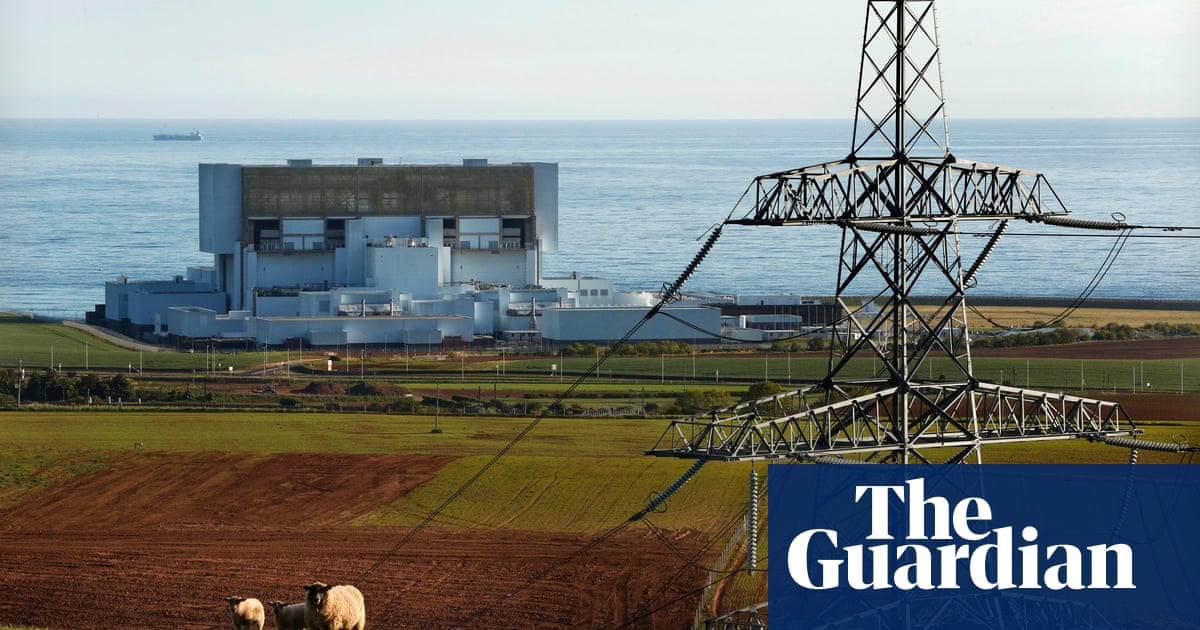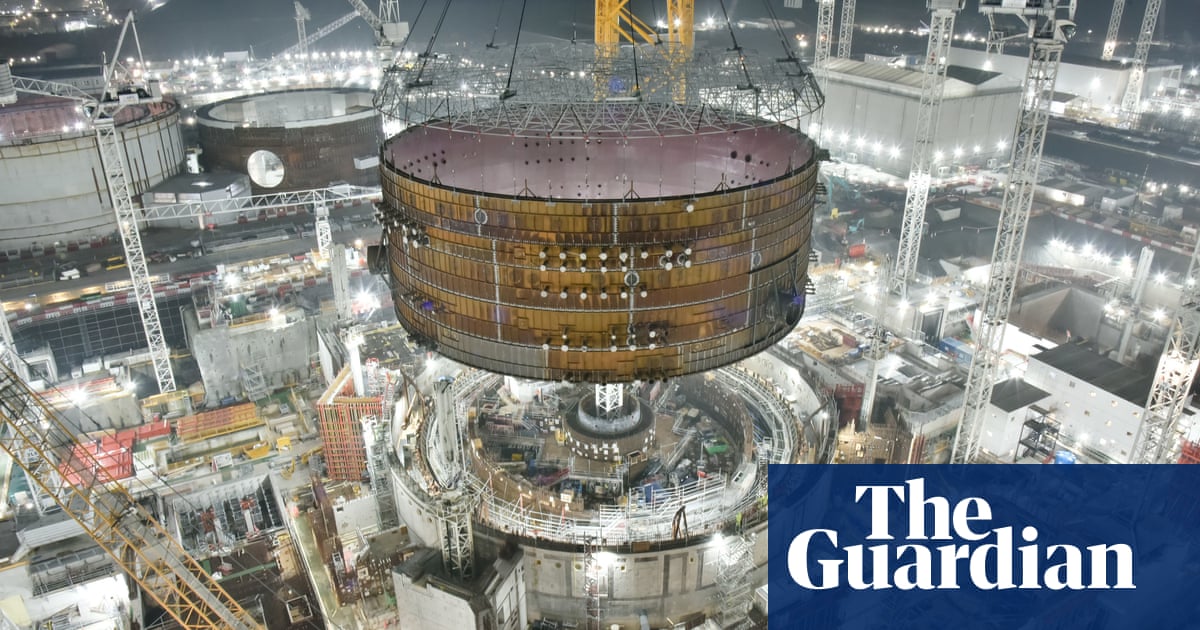
Up to eight more nuclear reactors could be approved on existing sites as part of the UK"s new energy strategy.
The strategy, which aims to boost UK energy independence and tackle rising prices, also includes plans to increase wind, hydrogen and solar production.But experts have called for a bigger focus on energy efficiency and improving home insulation.
Consumers are facing soaring energy bills after the Russian invasion of Ukraine pushed gas prices even higher.
Under the government"s new plans, up to 95% of the UK"s electricity could come from low-carbon sources by 2030.
It outlines, for example, the hope of producing up to 50 gigawatts (GW) of energy through offshore wind farms, which the Department for Business, Energy and Industrial Strategy (Beis) said would be more than enough to power every home in the UK.
The government"s energy strategy has been much-delayed, with one of the big points of contention reported to have been the construction of onshore wind turbines.
The government announced that a new body called Great British Nuclear will be launched to bolster the UK"s nuclear capacity, with the hope that by 2050 up to 24 GW of electricity will come from that source - 25% of the projected electricity demand.
The focus on nuclear will deliver up to eight new reactors to be built on existing sites.
The government hopes to have a new reactor approved each year until 2030 with the aim to have them up and running by 2050.
It also confirmed advanced plans to approve two new reactors at Sizewell in Suffolk during this parliament.
Wylfa in Anglesey and Oldbury in Gloucestershire have also been named as candidates to host either large-scale plants, smaller modular nuclear reactors, or possibly both. The Great British Nuclear body will identify other appropriate sites.
Tom Greatrex, boss of the Nuclear Industry Association, said the plans marked a "vital step forward" for the UK to meet its climate goals, and could create thousands of jobs.
"The ambition and determination to do much more and quicker is very welcome," he said.
The government said it would reform planning rules to cut approval times for new offshore wind farms.
For onshore wind, the strategy commits to consulting on developing partnerships with "a limited number of supportive communities" who want to host wind turbines in exchange for guaranteed lower energy bills.
Although it is one of the cheapest forms of energy, new onshore wind projects have been declining since 2015 when the government ended subsidies and introduced stricter planning rules in response to some complaints that wind turbines were an eyesore and noisy.
Speaking at the Hinkley Point C nuclear power plant, Prime Minister Boris Johnson said: "This [energy strategy] is about tackling the mistakes of the past and making sure that we are set well for the future. It is a massive strategy for delivering 50GW - almost half the total energy capacity of this country - from offshore wind by 2030."
Earlier, Business Secretary Kwasi Kwarteng said: "Scaling up cheap renewables and new nuclear, while maximizing North Sea production, is the best and only way to ensure our energy independence over the coming years."
But Labour leader Sir Keir Starmer criticized the strategy as "too little" and "too late" to help people with rising costs.
"All we"ve got today is a cobbled-together list of things that could and should have been done over the last 10 to 12 years and it doesn"t even tackle really important things like insulating homes, which could save £400 on everybody"s bill," he said.
Green Party co-leader Adrian Ramsay said it "did not serve the needs of people or the climate".
Ramsay suggested that if the government was "concerned about energy bills and taking real climate action, it would be going even further on onshore wind".
Liberal Democrat leader Sir Ed Davey described the plans as "utterly hopeless", while the SNP"s Stephen Flynn called it a "missed opportunity".
Former Ofgem boss Dermot Nolan said: "Most of these decisions will take a long time to have an impact and in the short run we will continue to be dependent on fossil fuels."
He said the lack of focus on energy efficiency, on insulation, on improving the quality of people"s homes "is an opportunity missed".
Dr Simon Cran-McGreehin, head of analysis at the Energy & Climate Intelligence Unit said: "This is an immediate problem that needs solutions now, and this doesn"t do anything on prices."
"It tries to do some things on energy supply, but they"re all medium to long-term measures. So it does seem to fail the exam question," he added. — BBC












